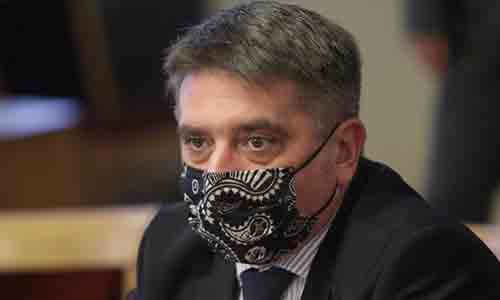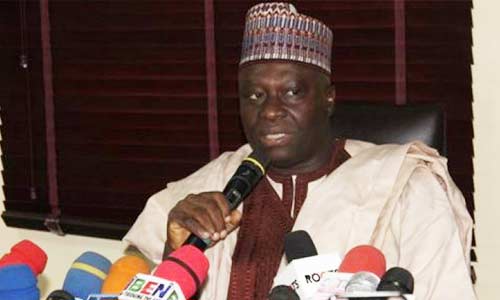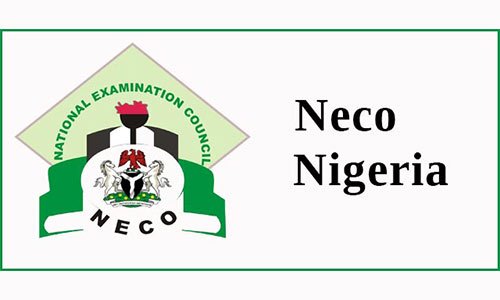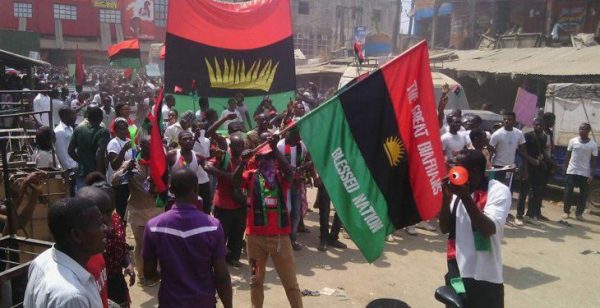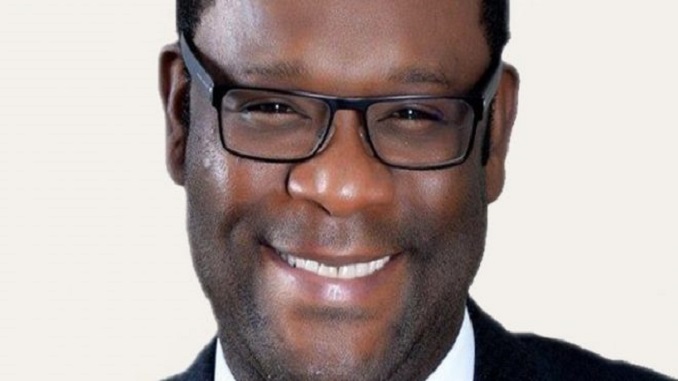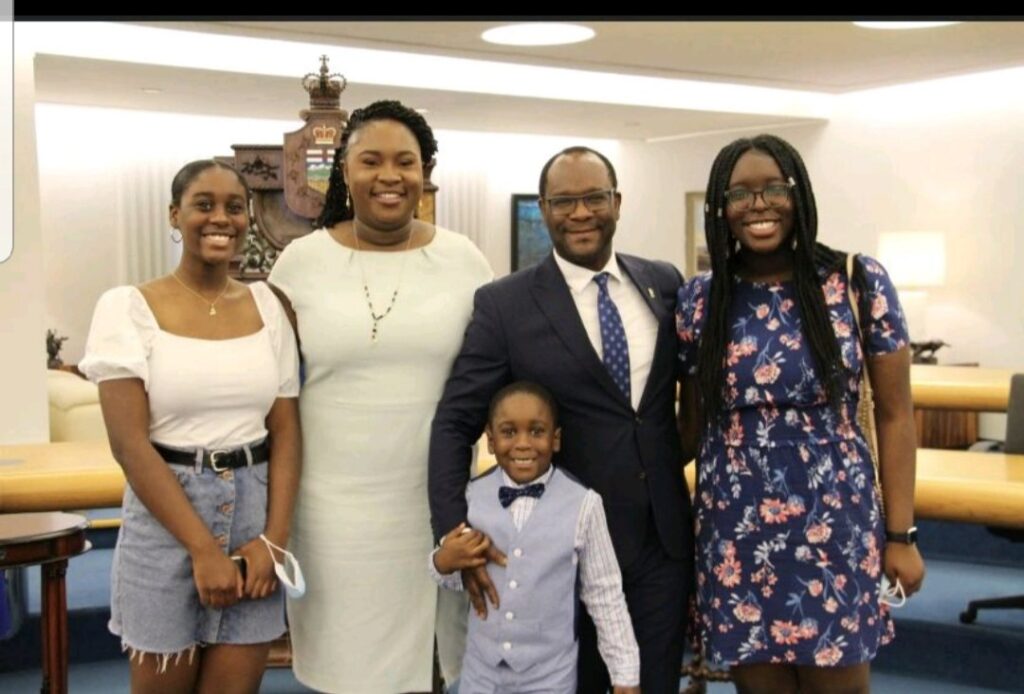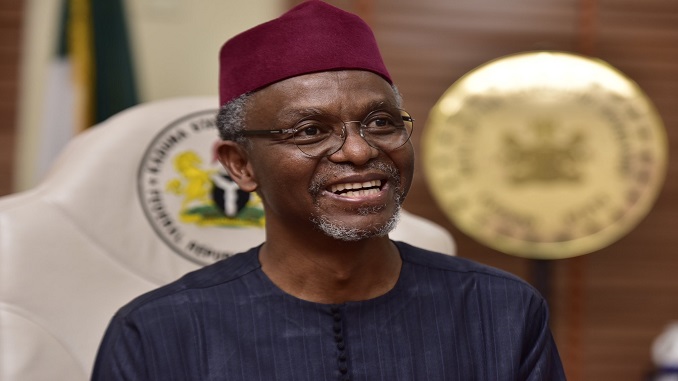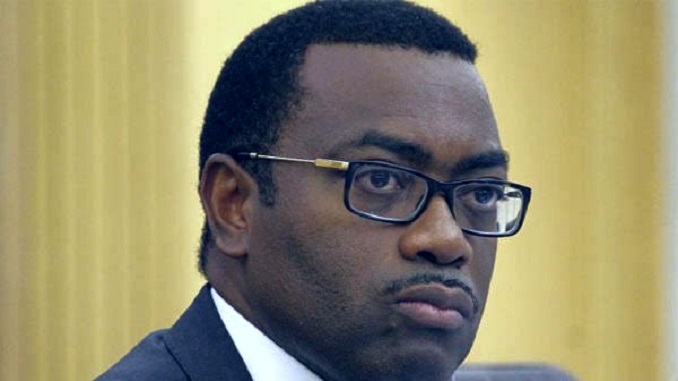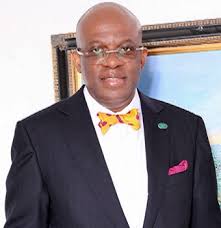By Chioma Angela Okeke
A trial within trial (TWT) is merely a distinct and separate proceeding to determine the admissibility of an alleged confessional extra judicial statement, which an accused person alleges was not voluntarily made. The need for a TWT usually arises during a criminal trial in Court where the defendant objects to the admission of a confessional statement allegedly made by him to the police on the ground that the said statement was not voluntarily made by him having been obtained under duress or some threat of whatever nature or intimidation or actual physical torture to his person. [1]
The Court at this stage temporarily halts the trial and conducts a mini trial within the context of the main trial to try to determine the veracity of the account of the defendant as to whether his statement to the police was voluntarily made or not. TWT takes the form of a normal trial as witnesses are called to give evidence and are subject to cross examination by the other side. Afterwards, the Court proceeds to write a ruling either admitting the statement of the accused or rejecting same after which the main trial temporarily suspended, continues.[2]
What then happens when an accused person sets up a defence of non est factum in relation to a confessional statement i.e. denies making a confessional statement? Here, the accused is not saying that he was coerced or induced to make the statement at the police station, but that he did not make any statement at all or that the contents of the document is alien to him. In Isah & Ors v. State,[3] the issue was whether denial of making a confessional statement is synonymous with alleging that it was involuntarily made or obtained, and, whether mere denial of the confessional statement renders such statement inadmissible?
In that case, the court per Orji-Abadua, J.C.A at pages 26 – 27 paragraph E stated thus:- “It is a known principle that an involuntarily obtained statement admitting commission of crime or confession cannot be used in prosecuting an accused person. Such a statement is inadmissible both because it is likely to be unreliable and because of society’s aversion to forced confession, even if true. It is clear as crystal that denial of an alleged confessional statement is, not in the least, the same as alleging that it was made without the volition or free will of the accused. Therefore, the law is that a confession or an admission by an accused of the commission of the offence with which he is charged is not rendered inadmissible in evidence merely because the accused, at the point of tendering the said statement or during his examination in chief or cross-examination denied ever making such statement. A confessional statement is rendered inadmissible if the accused claimed he was coerced into making the same, and, a trial within a trial was conducted during which he was able to prove to the Court the frightful circumstance under which the said statement was obtained from him.”
In Akpan v State (2008) 14 N.W.L.R Part 1106 page 72 the Supreme Court at pages 97 and 98 paragraphs. H-C, per Ogbuagu, J.S.C., stated thus:
“When the learned Counsel for the appellant objected to the tendering of what has been described by him in the appellant’s Brief, as “purported confessional statement of the appellant”, on the ground that the signature thereon, was not that of the appellant and that the appellant was seeing the document for the first time – i.e. that he never made the statement, in my respectful view, a trial within trial, should not have been conducted. This is because, trial within the trial is ordered and conducted where the voluntariness of the making of the statement by an accused person, is in issue or raised by an accused person.”[4] In Isah & Ors V. State,[5] the Court per Per Orji-Abadua , J.C.A ( Pp. 27-30, paragraphs. F-B ), stated thus:
“As I observed earlier, there is nothing on the record suggestive of the fact that the admissibility of those Exhibits was objected to based on their involuntariness which would have necessitated the trial Court holding a trial with a trial or conducting an investigation in respect thereof, and that being the case, I am, therefore inclined, in the light of the above principles, to hold that the trial Court was not wrong in admitting Exhibits 1, 1(A), 2, 2(A) and 5 and 5(A) in evidence as confessional statements of the Appellants.”
In view of the foregoing authorities, where an accused person is merely disputing the correctness of the contents of a written statement or that he did not make or sign the confessional statement at all, it is not necessary to have a trial within trial. The court will admit the document and decide the weight to be addressed to it. The question of the weight to be attached to the contents of a statement which has been denied becomes an issue for the Judge to determine at the end of the trial.
[1]Dibia v State (2012) LPELR-8564(CA).
[2] Nweneke V. State (2019) LPELR-47018(CA).
[3] (2010) LPELR-5077(CA).
[4] Nsofor v The State (2002) 10 N.W.L.R. Part 775 page 274, per Ba’aba, J.C.A.
[5] (2010) LPELR-5077.
Written by Chioma Angela Okeke



